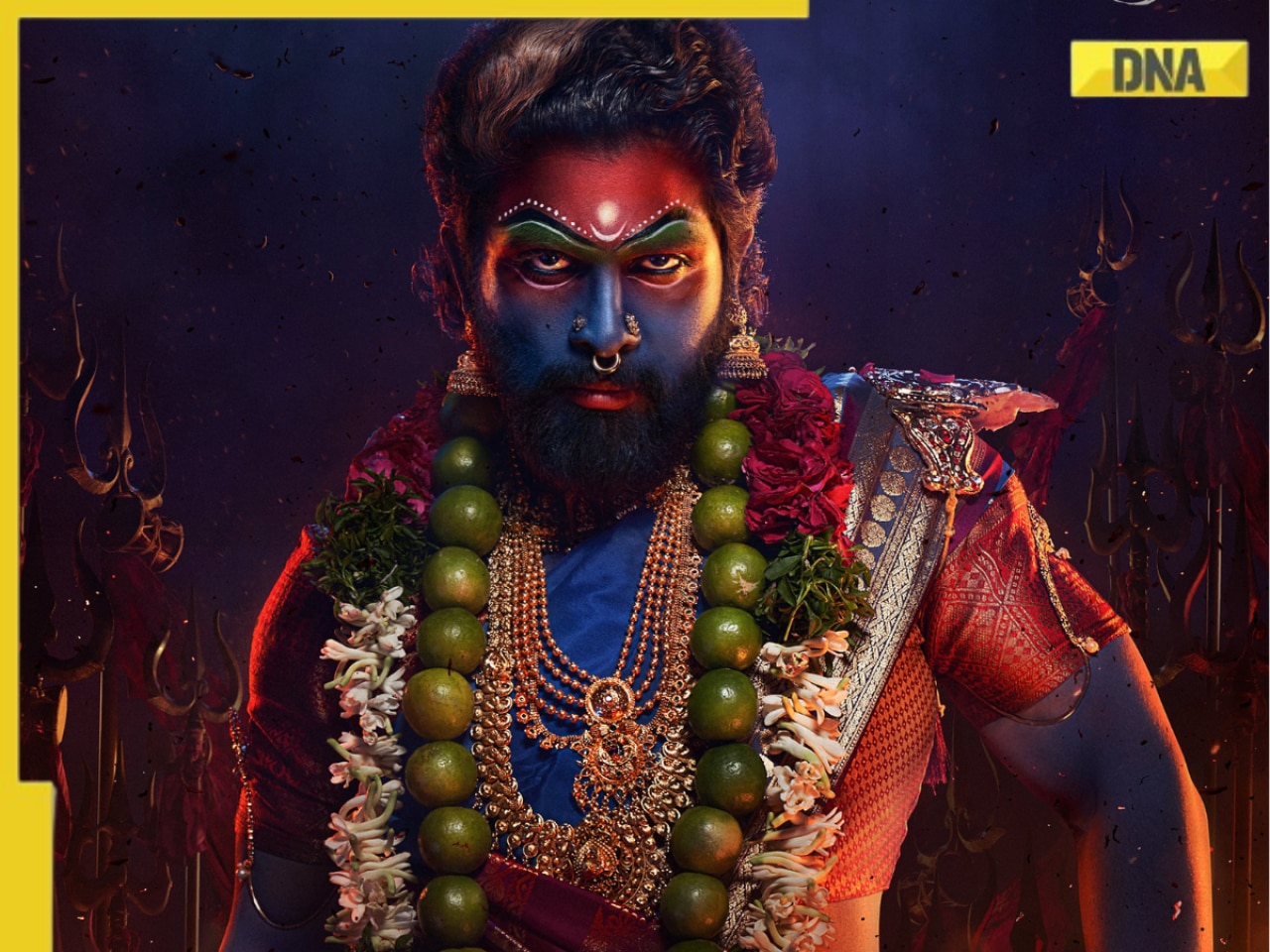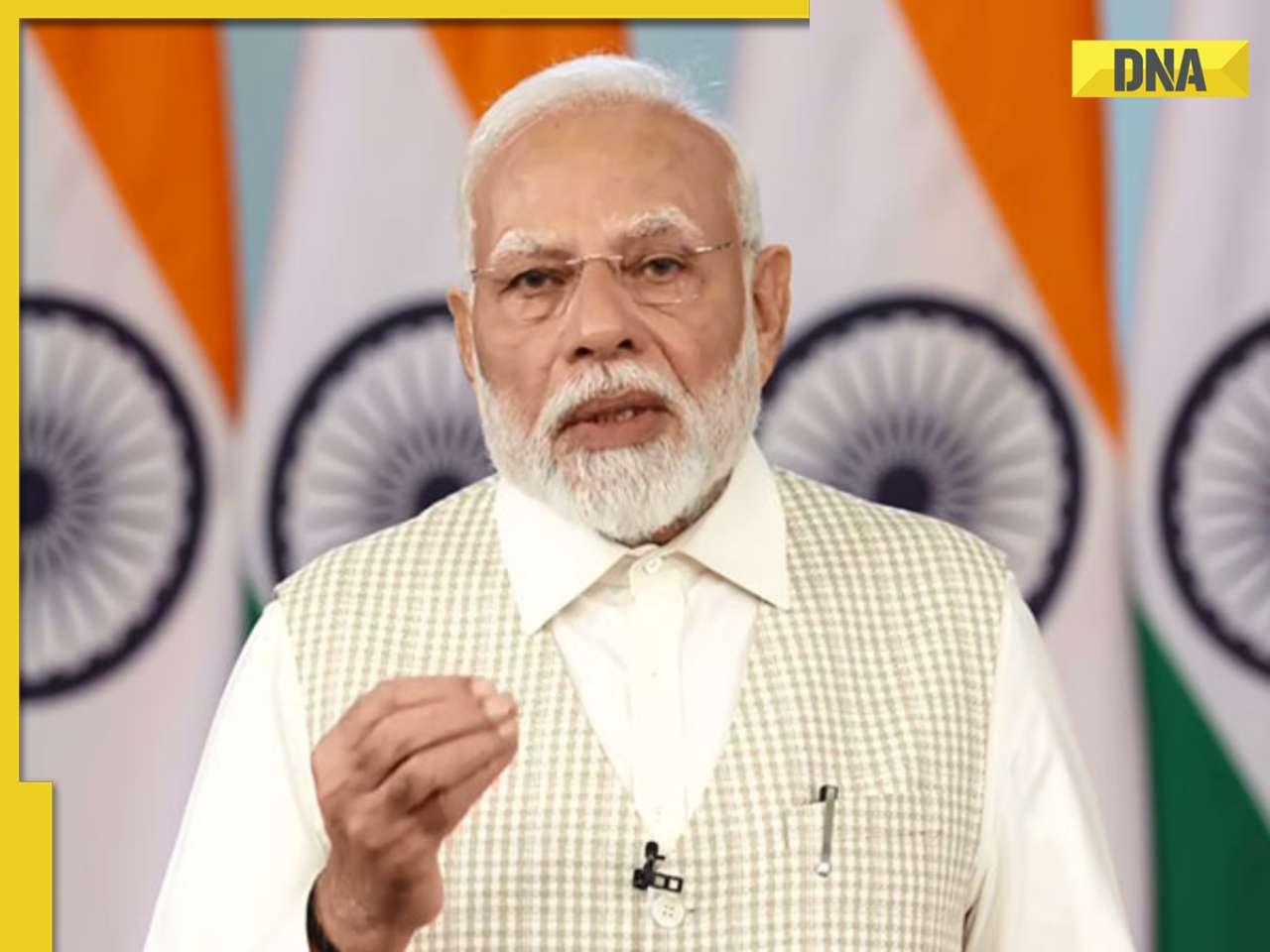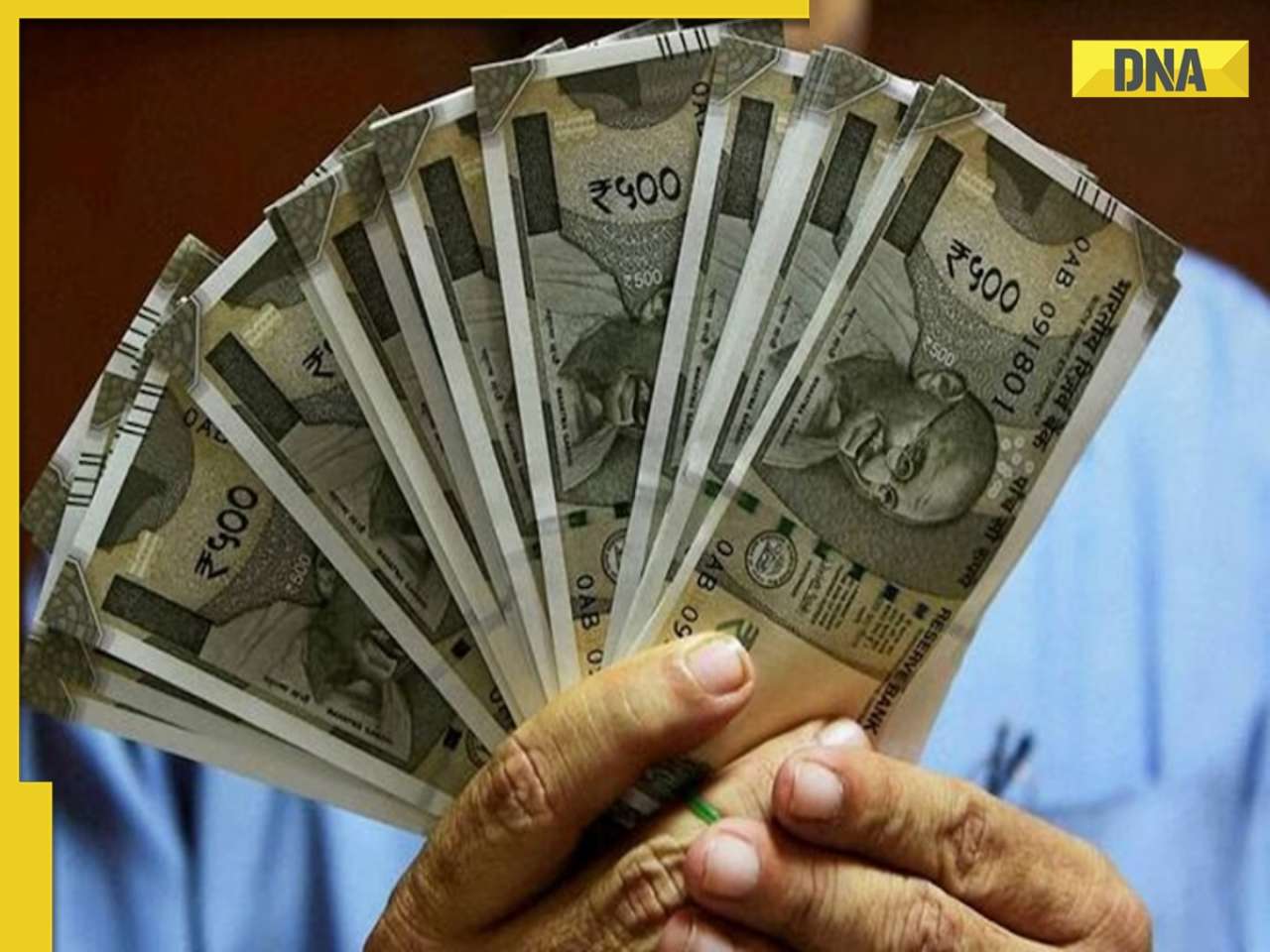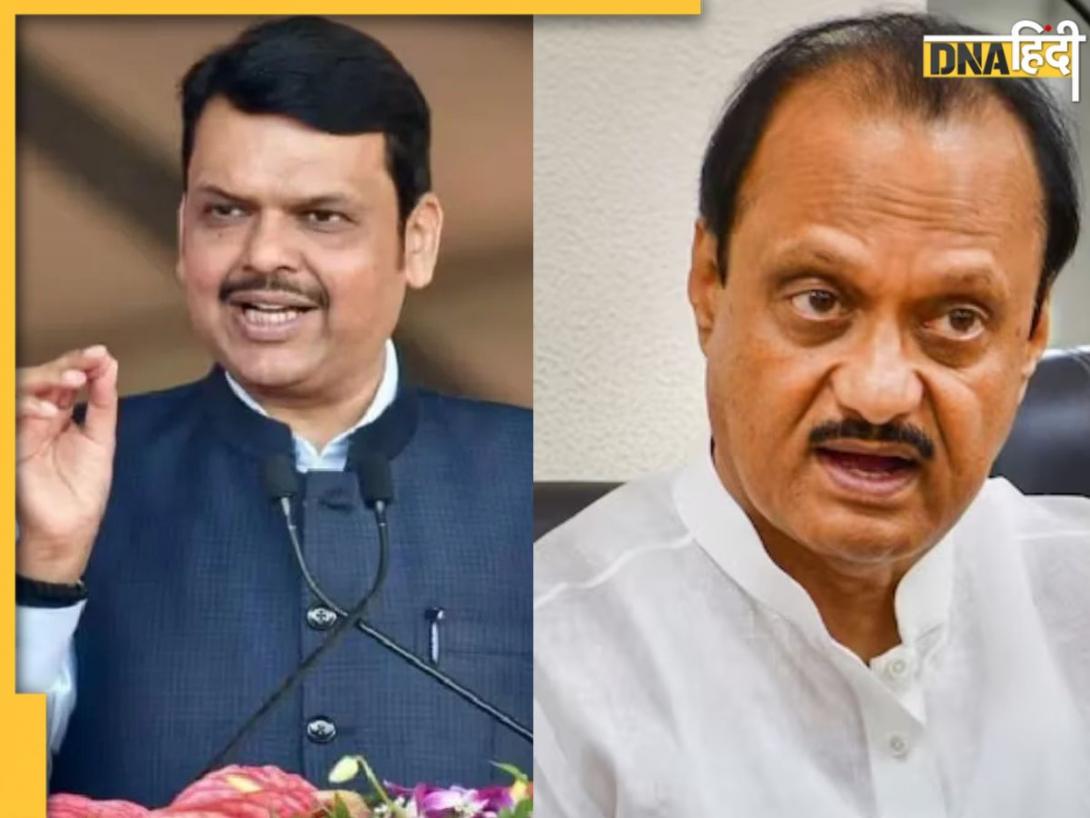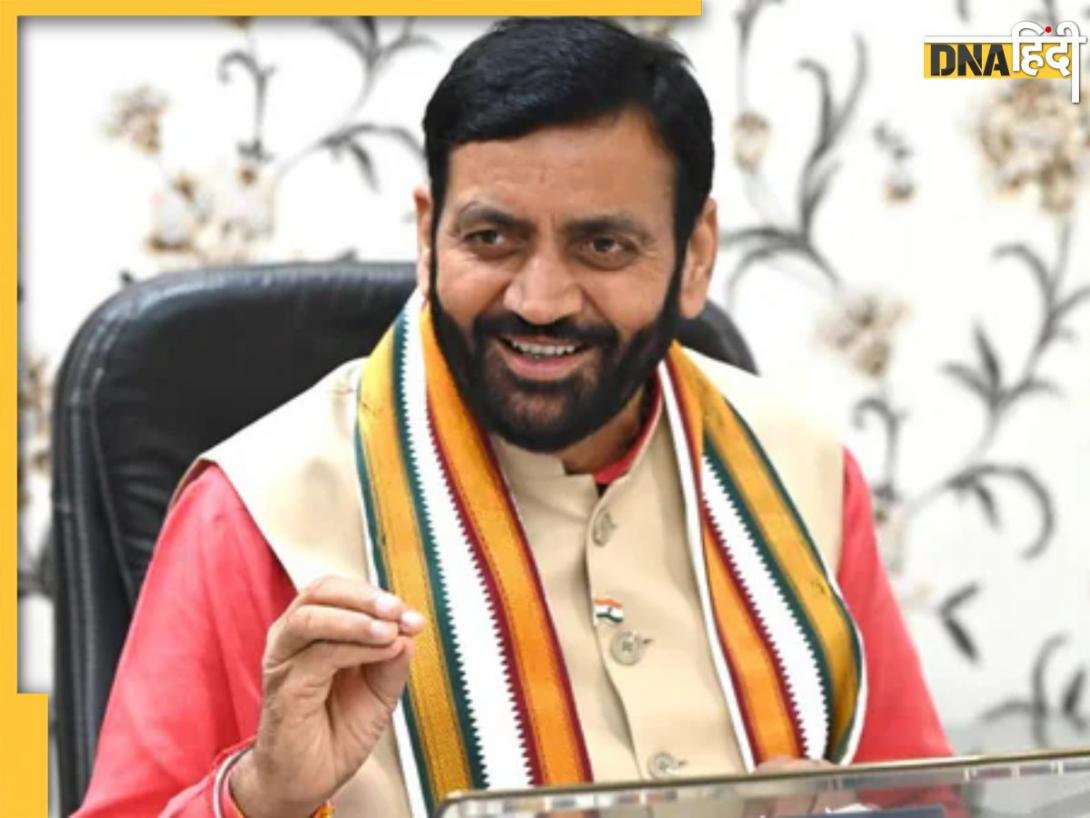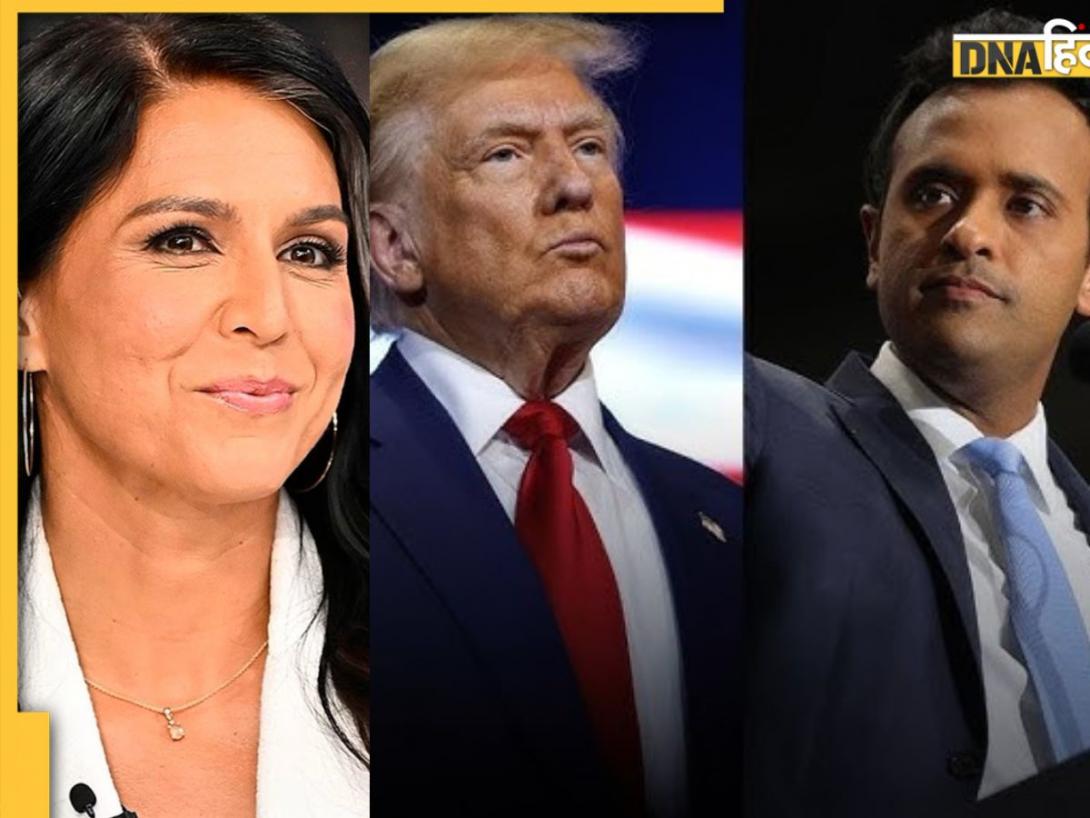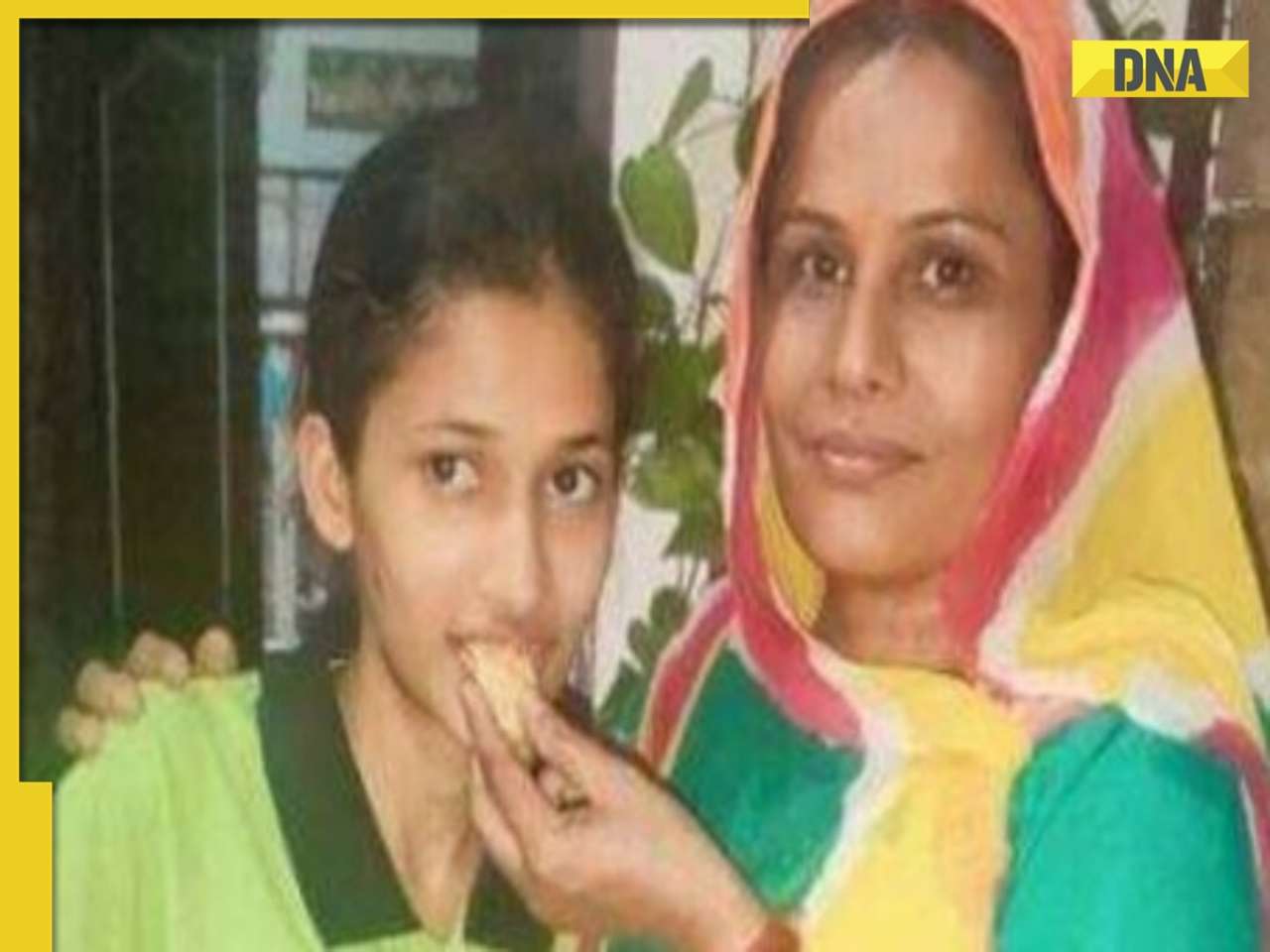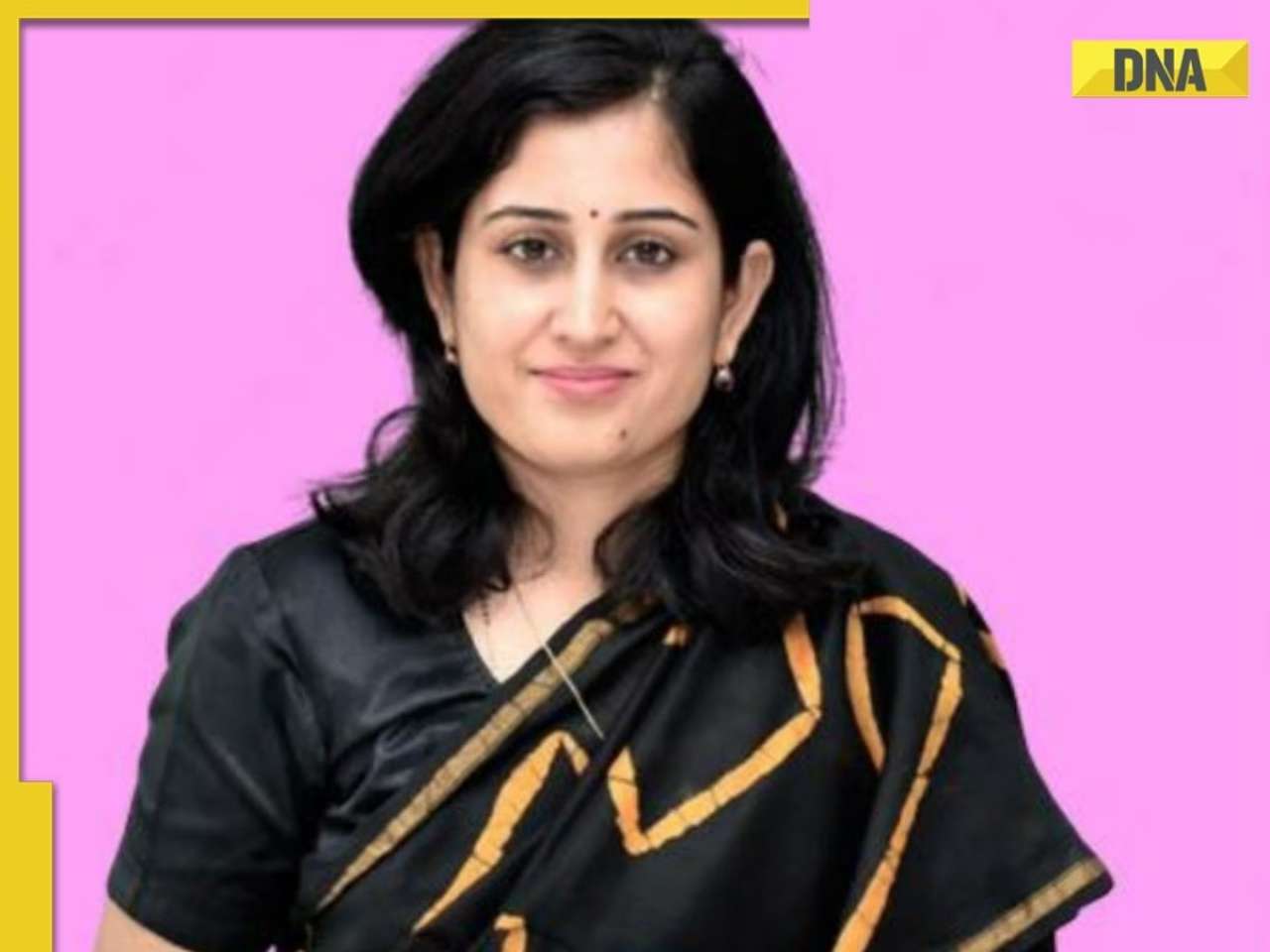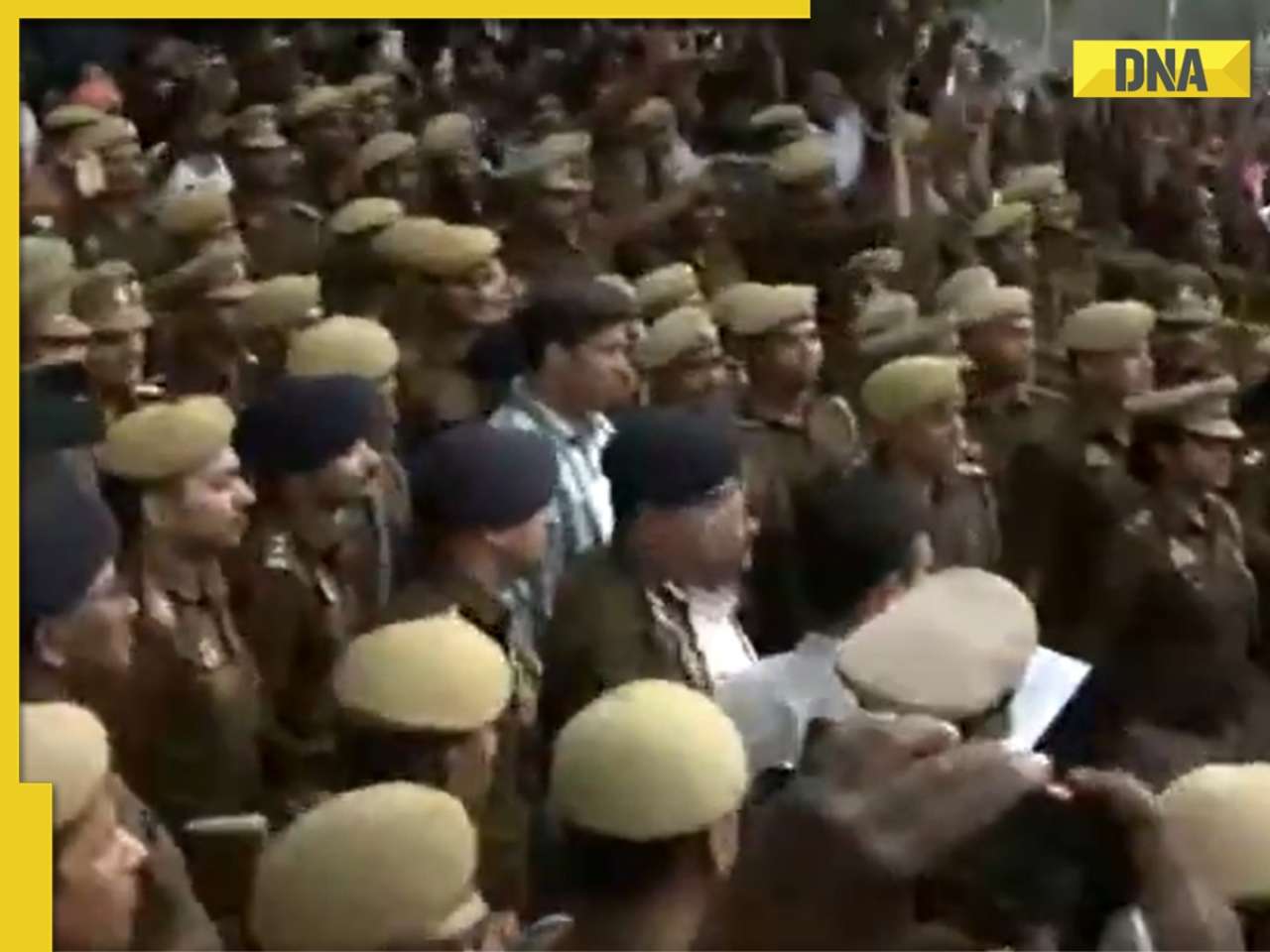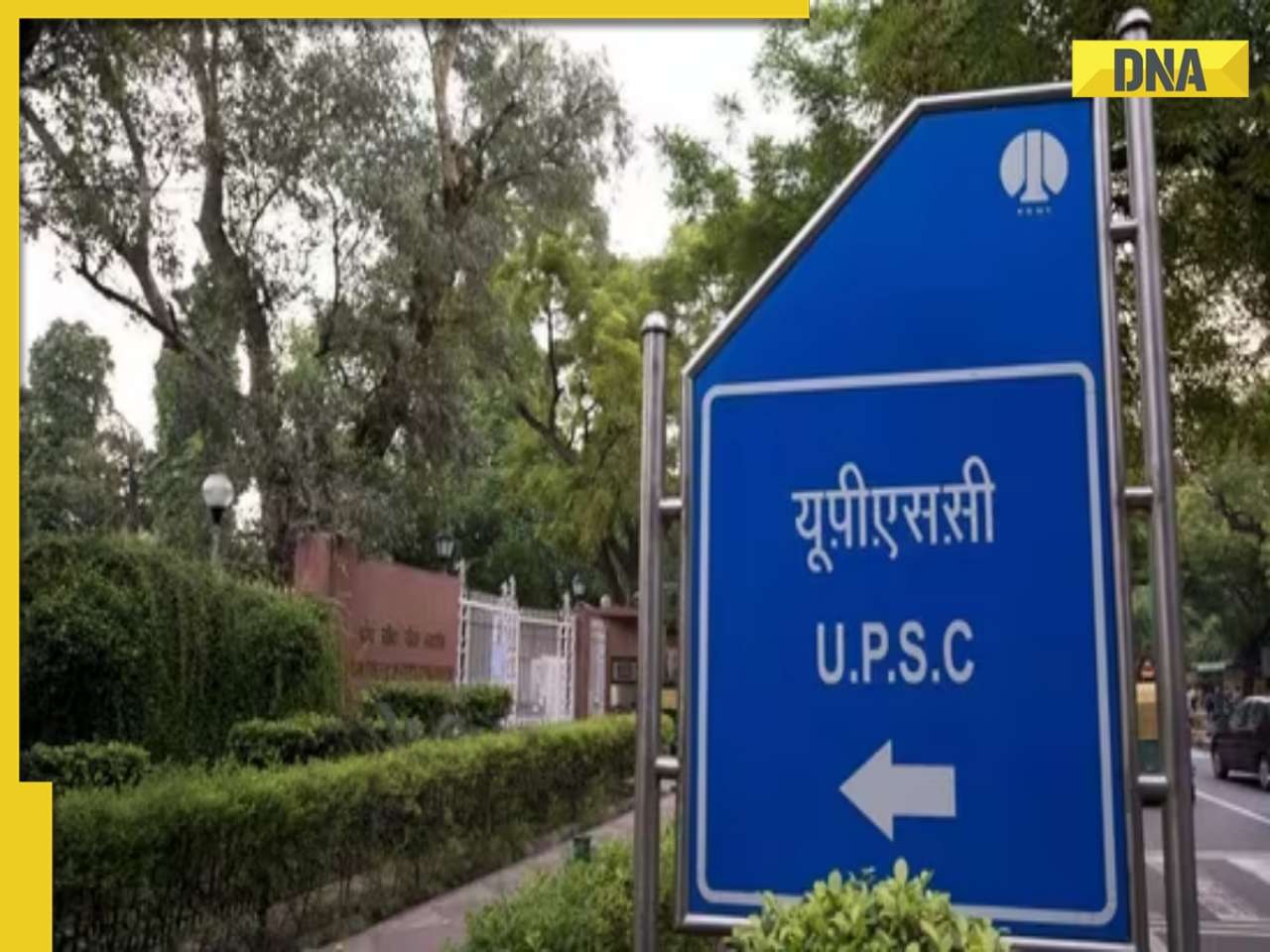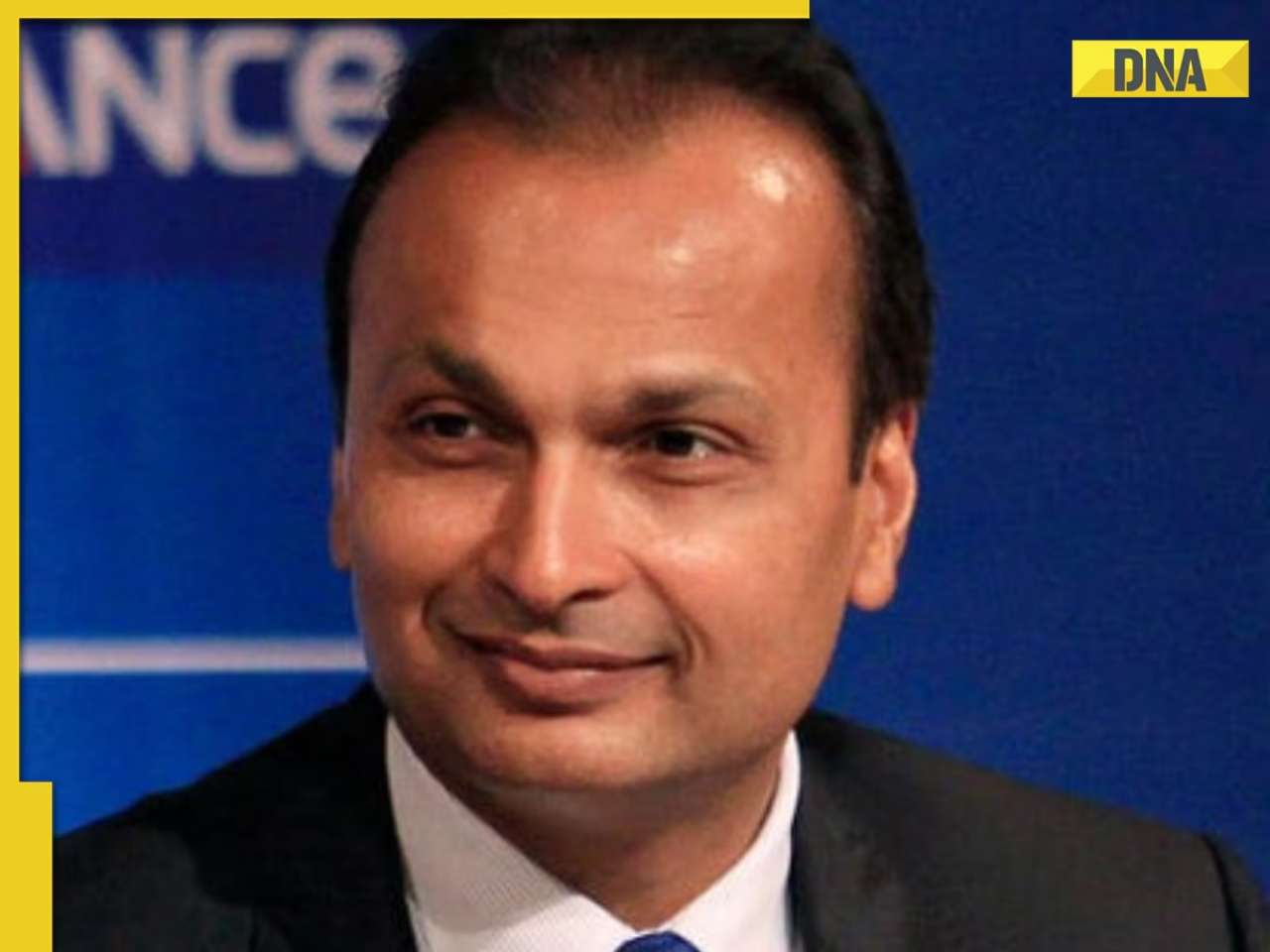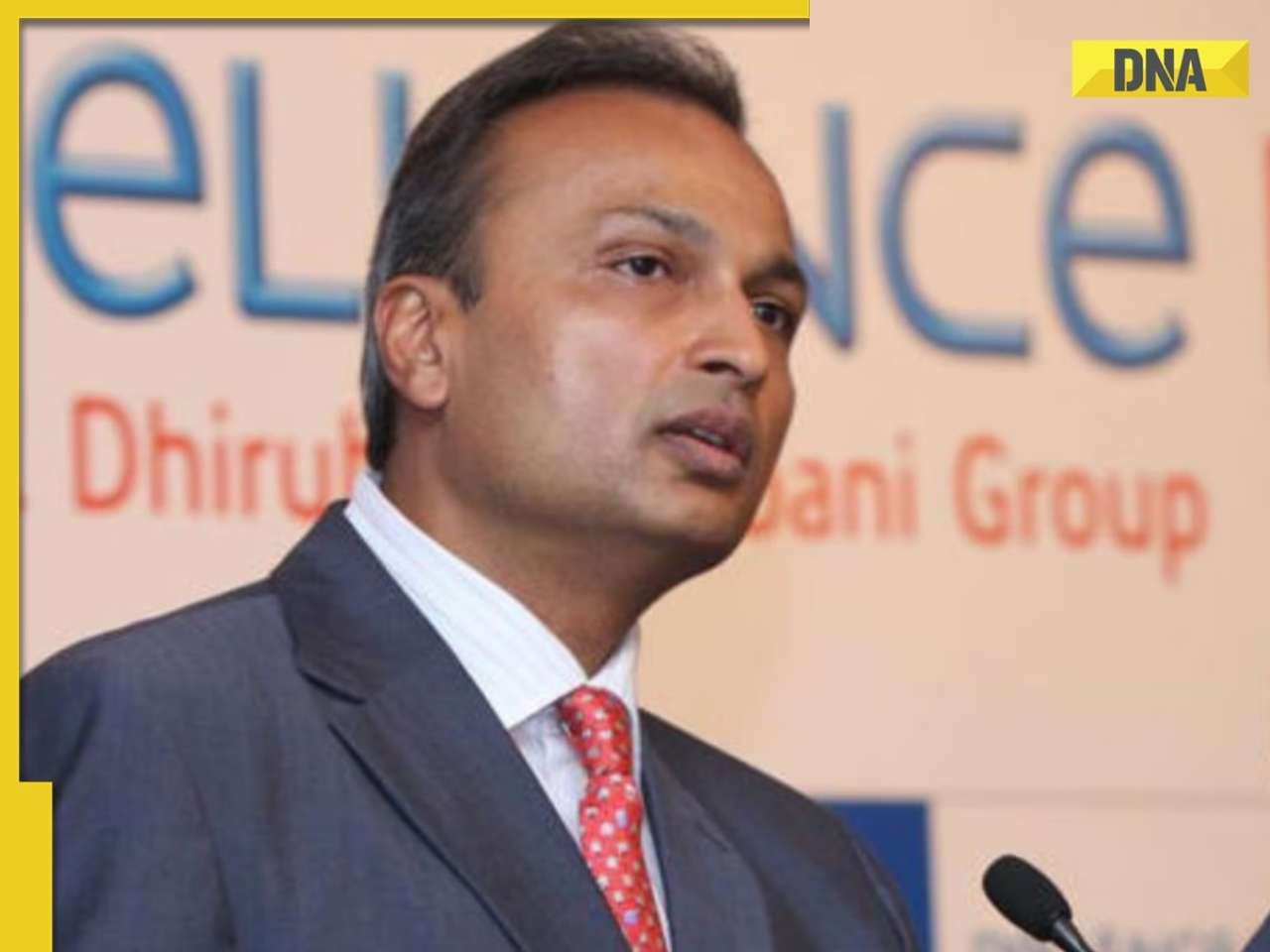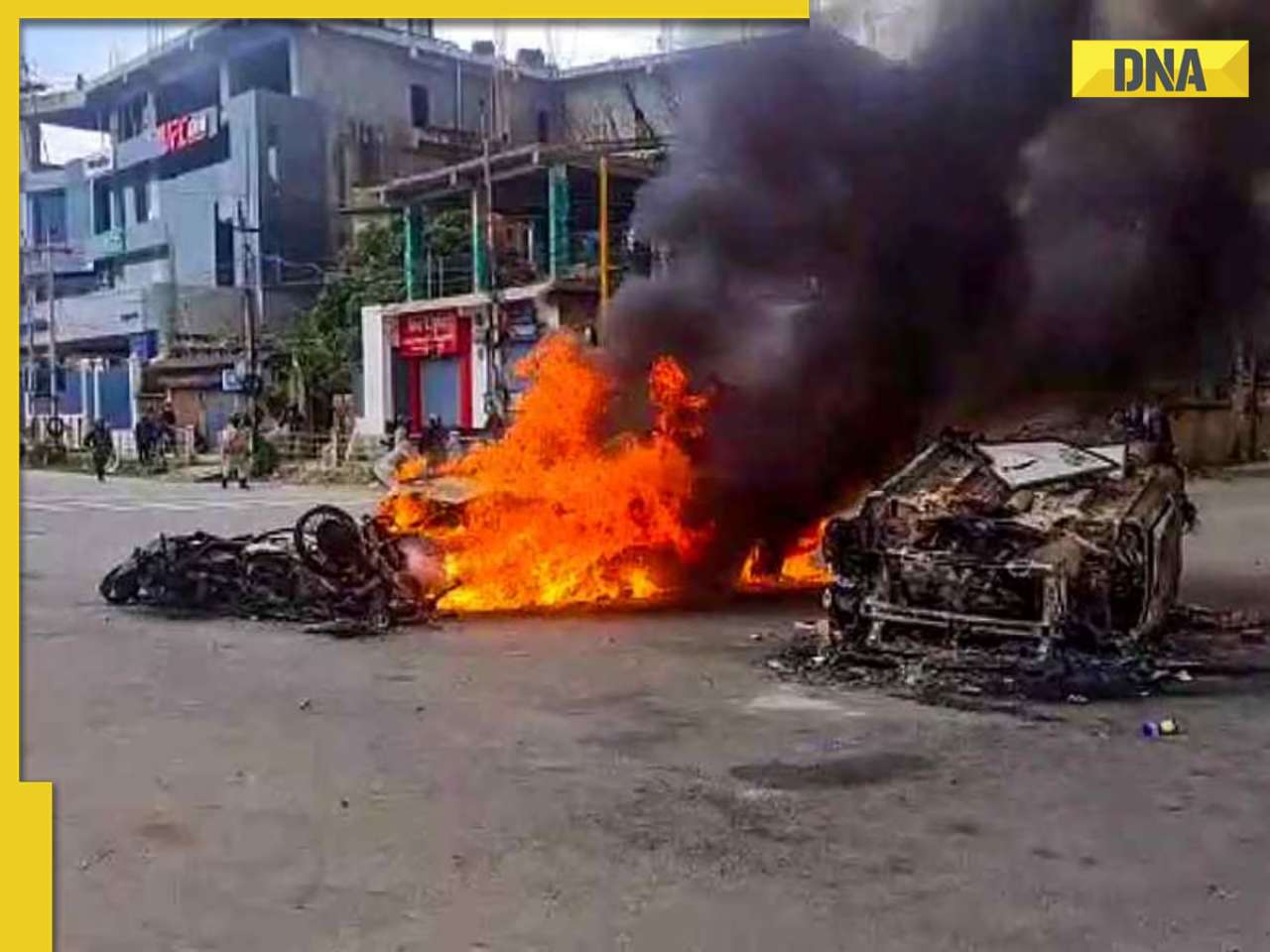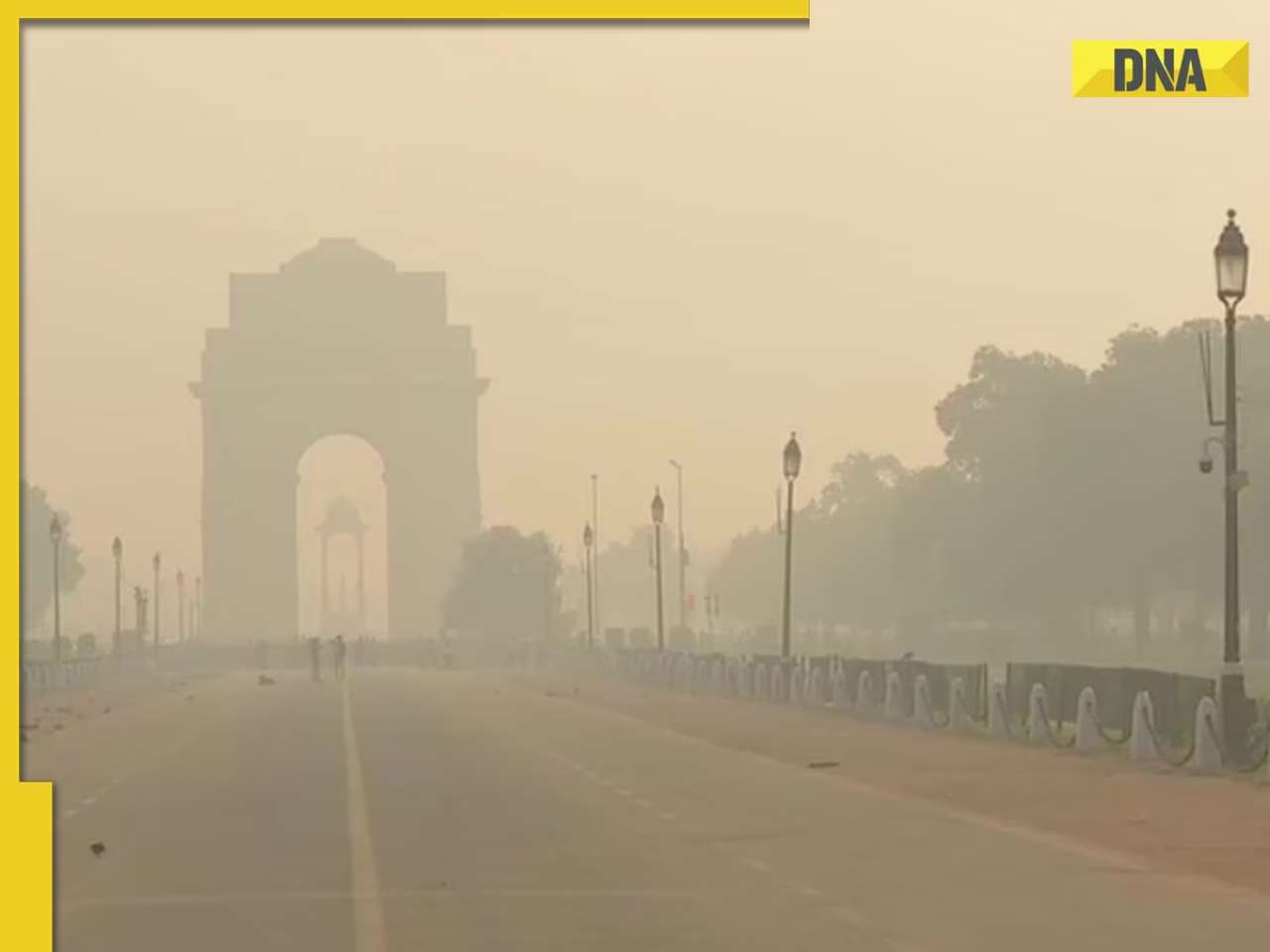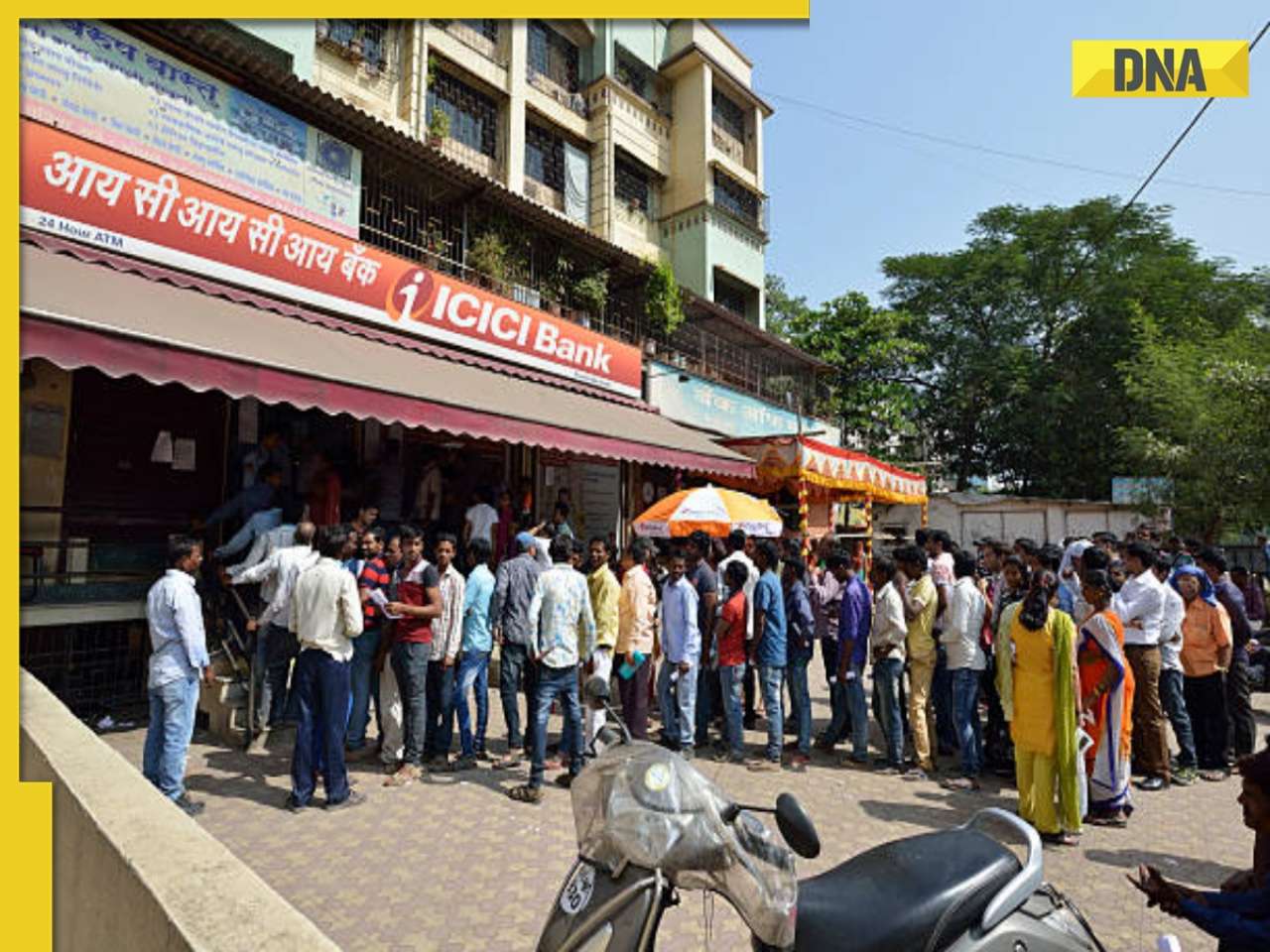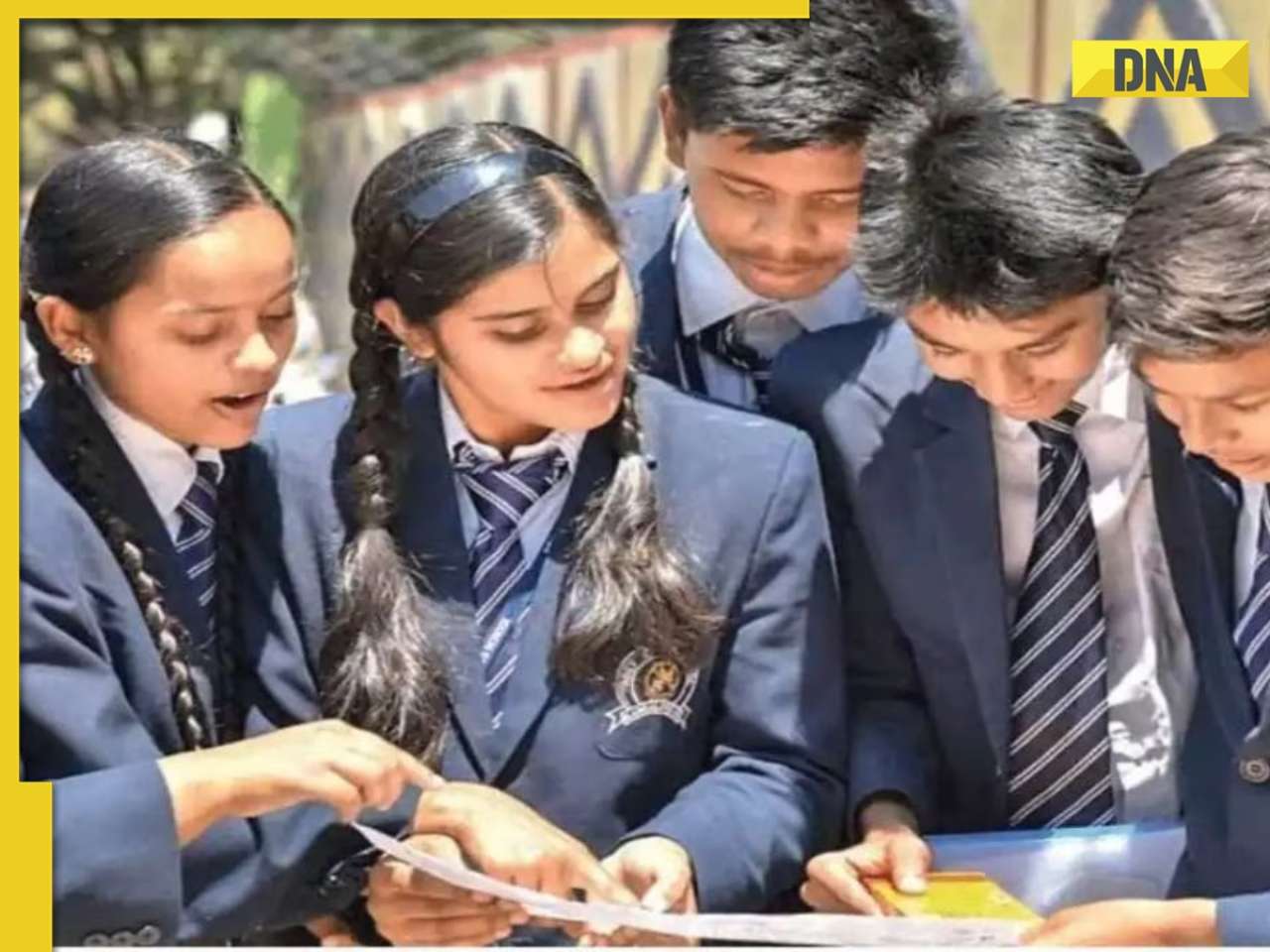- LATEST
- WEBSTORY
- TRENDING
ANALYSIS
Why more women must participate in the 2014 elections
TRENDING NOW
In the run-up to the last round of Assembly elections in 2013, a Gender Manifesto was released by women’s organisations setting out a series of priorities across demographic groups and economic sectors. It is safe to assume that no political party or candidate engaged with this list and made it a part of their campaign. The only gender issue that featured was safety in Delhi, with the incumbents on the defensive. But there is more to a feminist agenda than safety, and women’s participation is high on that agenda.
That the participation of women was desirable was axiomatic for many streams of the anti-colonial struggle. Gandhian marches and prayer-meetings drew thousands of women, who would finish their daily chores and walk miles just to be in his presence. Women worked in the Seva Dal, marched to both Dandi and Vedaranyam, learnt Hindi, and spun and wore khadi. The Indian National Army also had a women’s regiment, led by Captain Laxmi. At meetings, we hear that women donated their jewellery to support both the Gandhian movement and the INA. Major armed attacks against the British Empire also involved women revolutionary activists. And in the first years of Independence, stalwart women were appointed to important positions, with no hint that these were token appointments.
The Indian constitution recognises gender equality as a fundamental right and places no barriers to women’s citizenship, including eligibility for the highest offices. The 73rd Amendment to the Indian Constitution expanded Panchayati Raj institutions, introducing reservations for Scheduled Castes and Scheduled Tribes, and for women (one-third) both within those quotas and in the general category of seats. Leadership at the local level was also to rotate so that it was sometimes held by women and others. Moreover, women candidates would face direct election, so that the reservation meant that many women had to contest elections too. The 33% quota has been increased to 50% in many places.
The 108th Amendment Bill, also known as the Women’s Reservation Bill, which introduces reserved seats in Parliament and in the state assemblies, only managed to get through the Rajya Sabha and that after many years of being introduced.
Perhaps the lessons of the Panchayat experiment are actually intimidating to male politicians. Although a large number of women who initially entered the Panchayats were “proxy” candidates, over time, this has changed in two ways. First, political experience has encouraged even the “proxy” women to speak up, act independently and show initiative. They do not remain “proxy” forever. Second, their example has brought other women into the political sphere. In rural India, the entry of large numbers of women is beginning to alter not just the political but also the social sphere. It is reported that women are less inclined to put up with violence and injustice in their homes after the experience of autonomy and agency in the public sphere.
The good news is that legislative and constitutional quotas are not the only way to get women into Parliament. Political party quotas may actually be the best way, because they are voluntary, and they signal a shift in attitudes that we should be calling for more vigorously. Political parties would commit to and deliver on including a certain percentage or number of women in their list of candidates. To illustrate, if a certain party is going to contest in 30 constituencies, they might commit to fielding at least 10 or 15 or another specific number of women candidates. Just as important, the party commits to seriously backing and supporting the women candidates, and not just fielding them in “lost cause” constituencies. Similarly where there is a list of candidates, women should not lumped together at the bottom, fated to lose in a run-off situation.
While technically women make up about half the population (without taking into account declining sex ratios, for instance), quotas tend to range between 30% and 50%. A 50% quota serves both men and women in a gender neutral way, but it creates a ceiling for women. Committing to a critical mass of say, 40%, assures a large number of women of entry, without limiting access to them alone.
The experience of post-conflict states like Nepal and Rwanda shows that quotas can make a huge difference very quickly to increasing the number of women in public life. But Nepal’s experience, closer home in every way, suggests that just getting women into the Assembly is not enough. Women members of the Nepal Constituent Assembly talk about not being taken seriously by their senior male colleagues. Social barriers don’t come down as fast as institutional and political barriers might.
Another long-standing challenge for women remains what Mrinal Gore once described as “money power and muscle power.” It is hard for most women to raise money and to gather around them the army of volunteers (forget the thugs and political violence for now!) that election work takes. Without the 300% percent visible and vocal backing of the party’s most important leaders, even support from party colleagues is likely to be half-hearted.
This is not a problem unique to India. In the US, women have found a way to start changing this. Emily’s List was founded in 1985 by Ellen Malcolm and other women to help women who held a particular set of views get elected to office. They find suitable women and train them; they raise funds for them and help them campaign; they get women to show up and vote and they also work to hold others accountable in election season.
Thus, beyond quotas, there are two areas in which civil society organisations – women’s organisations in particular – must work. The first is the long-term work of changing attitudes at every level – from schools to neighbourhoods to the workplace and beyond – about women’s leadership. It is our responsibility to create a hospitable climate for the quotas we advocate. The second is the short-term task of answering the question the political elite like to ask, “But even if we wanted to nominate them, where are the women?” and to help their campaigns, even if only as a way to create an incentive for political parties. Enough complaining from the outside, can we get the women who want to be in politics on to the political radar and help them stay there?
It is in the intermediate term, though, that the most important work lies. This is the work of giving women confidence to enter, inhabit and work in the public sphere. While it is unfair that questions about competence and suitability never appear to limit men’s opportunities, the hidden advantage here for women is that all the effort that goes into building their capacity also builds their confidence. Women meet and interact with others with similar ideas and aspirations, they connect and make friends, they learn from each other, and the content of the programmes also probably gives them better skills than their male counterparts possess.
Just a week ago, we learned that “women’s empowerment” was literally the answer to every question. If that is so, especially in 2014, the question should be: are political parties going to commit to nominating an equal number or a substantial number of women candidates for Lok Sabha and other seats? Which is going to be the first party to declare this and walk the talk by delivering a gender-equitable list, with large numbers of women candidates, solidly backed by the leadership? Forget the short, intermediate and long-term, my friends, creating pressure for this is the task at hand now. And political parties, please note, there is a vote in my undecided hand waiting to go to the party with the most unequivocal, tangible commitment to inclusivity and gender justice. Does this vote belong to you?
Swarna Rajagopalan is a political scientist who writes about gender and international relations. Much of her research is on women, violence and conflict. She is also the founder of The Prajnya Trust, a non-profit centre working on peace, justice and security issues, including women's rights and violence against women. Documenting women's work in the public sphere is central to Prajnya's vision.
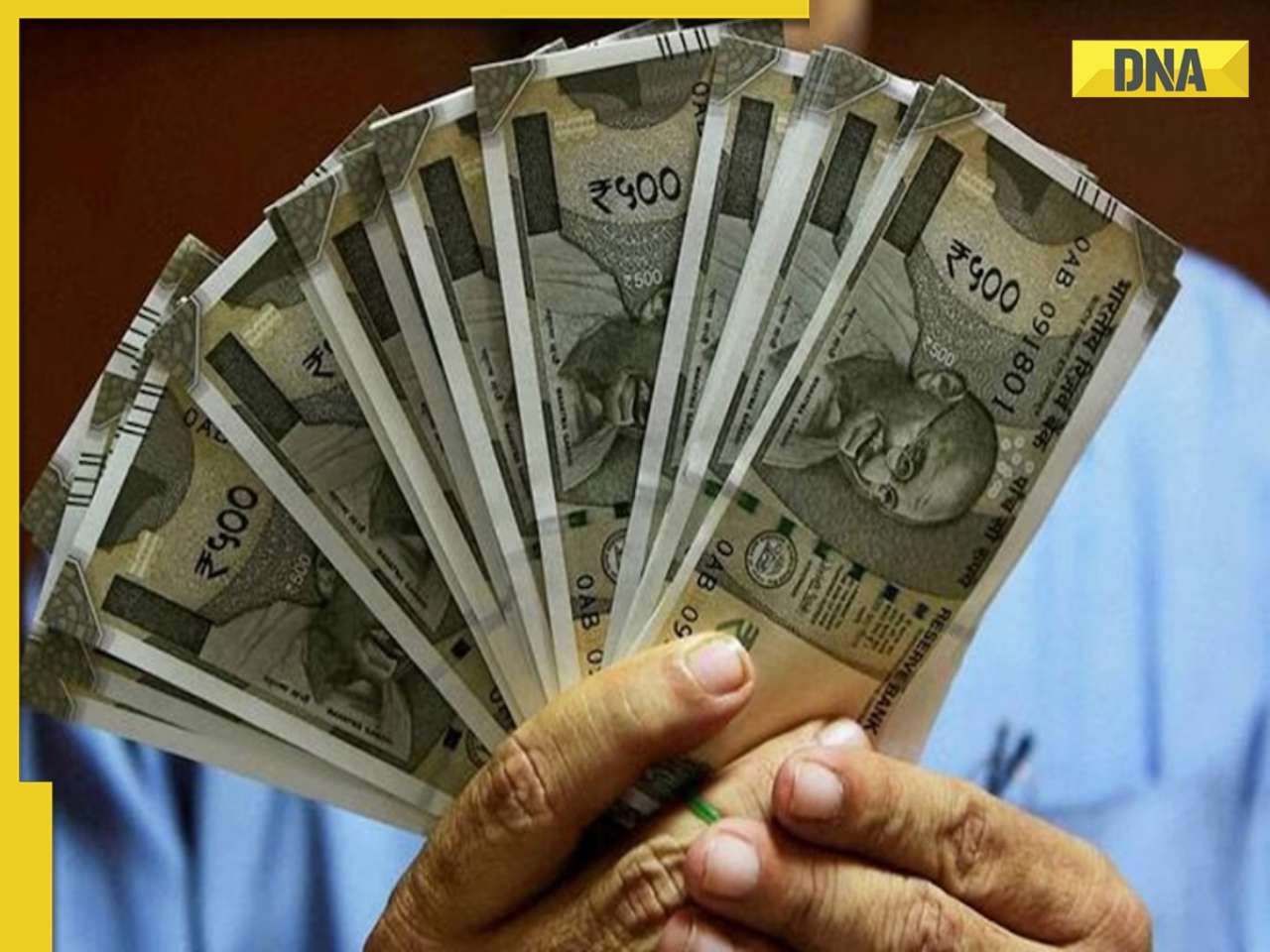
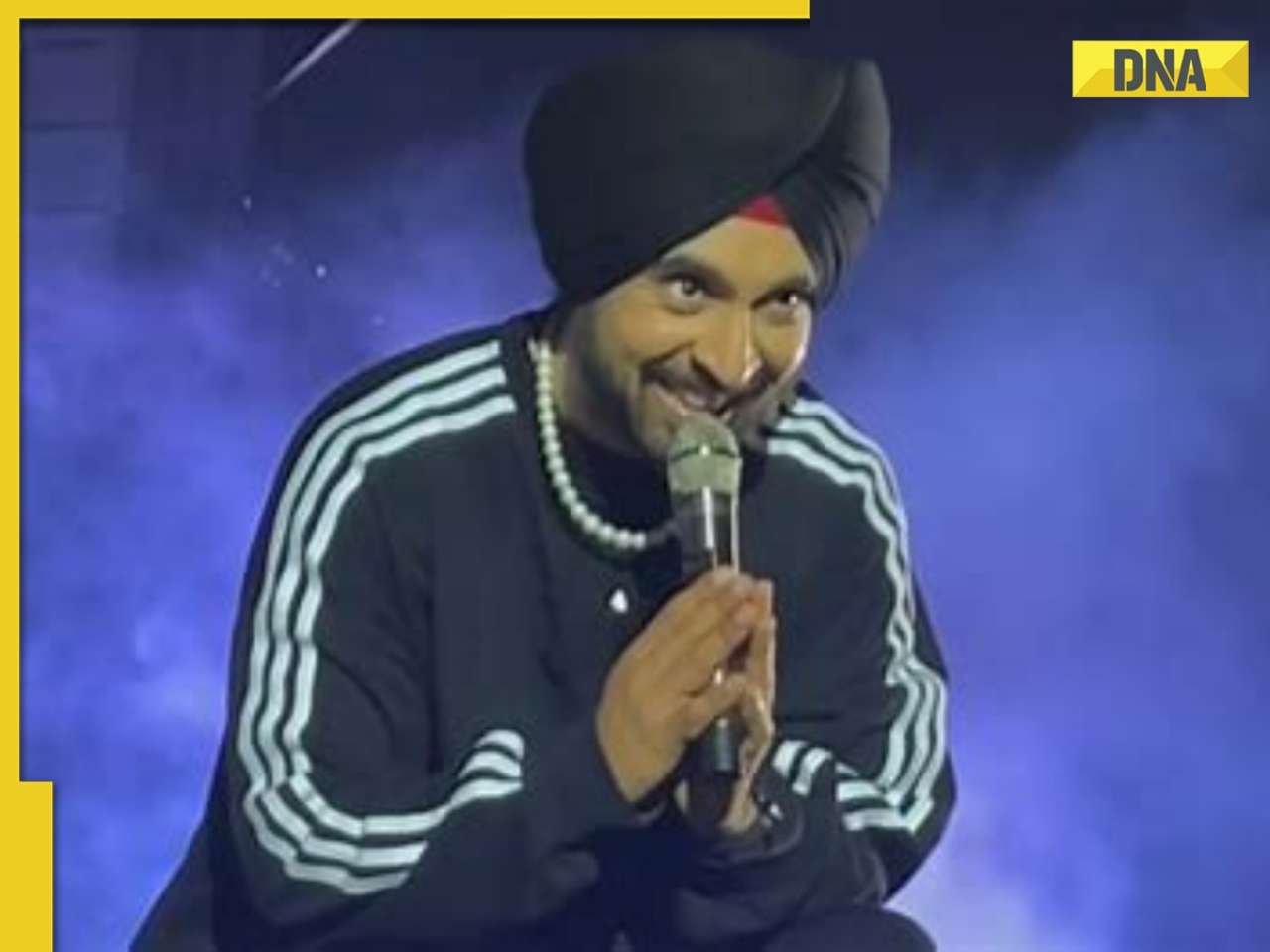





)
)
)
)
)
)
)
)
)
)
)
)
)
)
)
)






